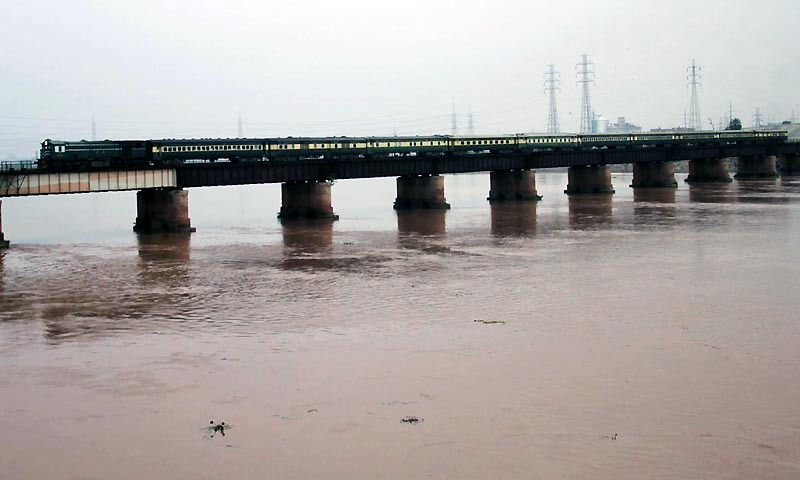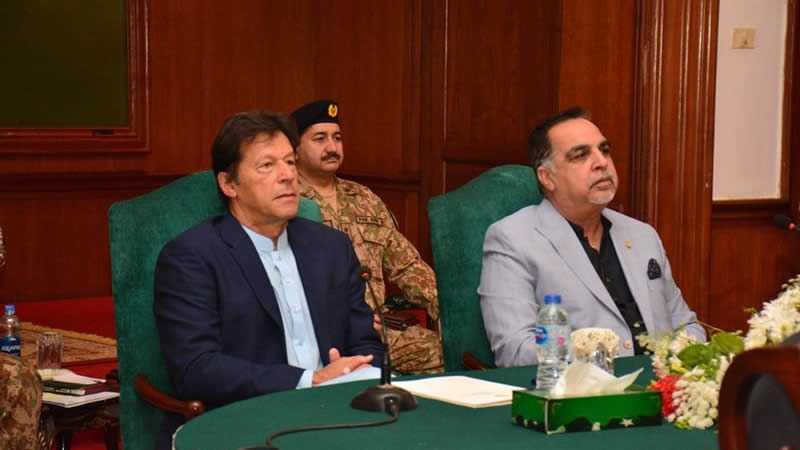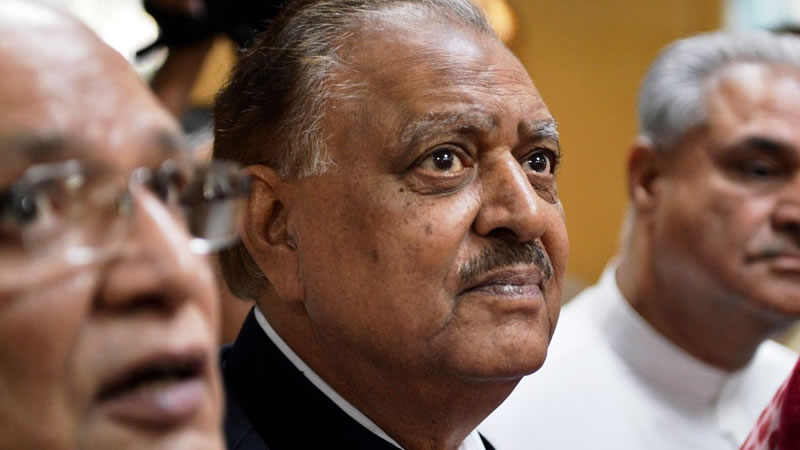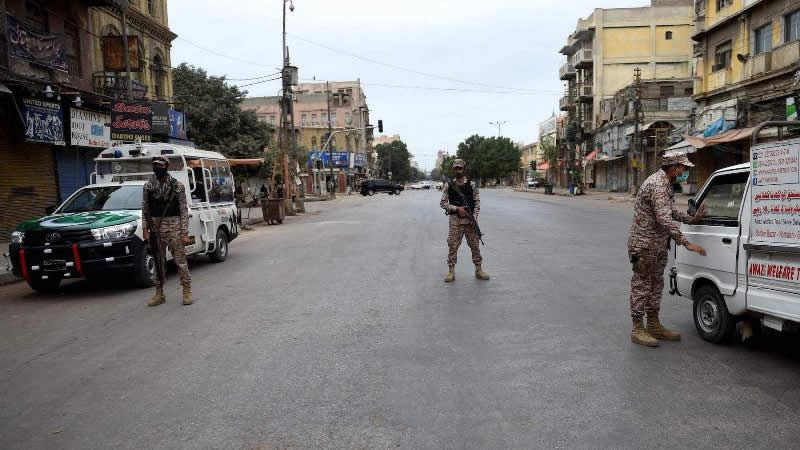Although Punjab has been violating the water accord since its signing in 1991, Sindh has been silent over the issue for the past 24 years as successive governments have never taken the issue of persistent violations of the accord to the Council of Common Interests (CCI), which is the relevant forum meant for provincial disputes.
[contentblock id=1 img=adsense.png]
This was said by senior water expert and former irrigation secretary Mohammed Idris Rajput at a seminar held on Thursday.
Titled “Sindh water case: causes, impacts and way forward,” the programme was organised by the Sindh Costal Area Network (Scan) in collaboration with the Pakistan Poverty Alleviation Fund (PPAF) at the boy scouts’ auditorium. Giving a presentation titled Sindh’s water case, Mr Rajput said that unlike Punjab with multiple water resources, Sindh had only one river to rely on and its groundwater was largely unfit for human consumption.
[contentblock id=2 img=gcb.png]
According to him, the water distribution issues existed even during the British period and multiple bodies were set up to address the issue. One such body was Anderson Committee established in 1935 followed by the Rau Commission in 1941. The Sindh-Punjab agreement was signed in 1945. “In 1960, the Indus basin treaty came about under which Pakistan gave away its three eastern rivers (that comes to around 33MAF water) to India.
That was an absolutely wrong step on the part of Pakistan,” he said. Successive governments in Pakistan, he said, couldn’t resolve the water issue between Sindh and Punjab till 1991 when the Nawaz Sharif government finally succeeded in achieving a consensus among the provinces over sharing of water resources. That was followed by the establishment of the Indus River System Authority (Irsa) to implement the accord. Citing clauses from the historic water accord, he said that it called upon all provinces to share water shortages and that sharing should be done ‘as per 10 daily allocations’ as approved by the CCI.
[contentblock id=3 img=adsense.png]
“But the accord has never been implemented in letter and spirit. The authority is engaged in modifying the water accord, under pressure from some lobbies, instead of implementing. “Khyber Pakhtunkhwa and Balochistan have been exempted from sharing water shortages by Irsa, which is a clear violation of Para 14 (a) and (b) of the accord that calls for sharing water shortages among the provinces,” he told the audience.












